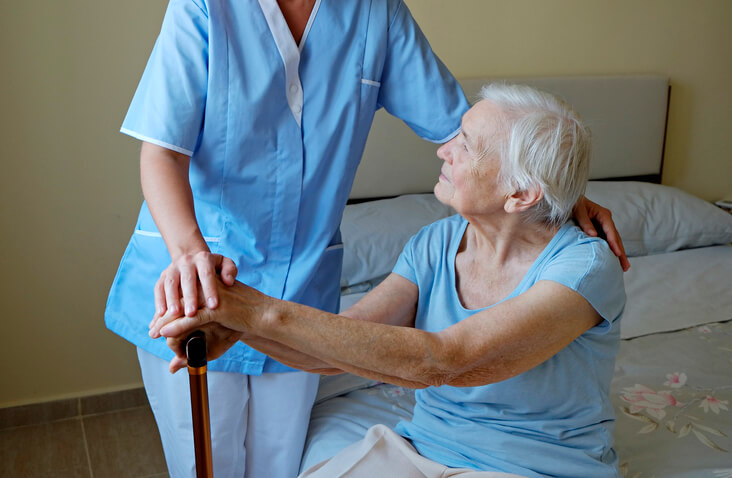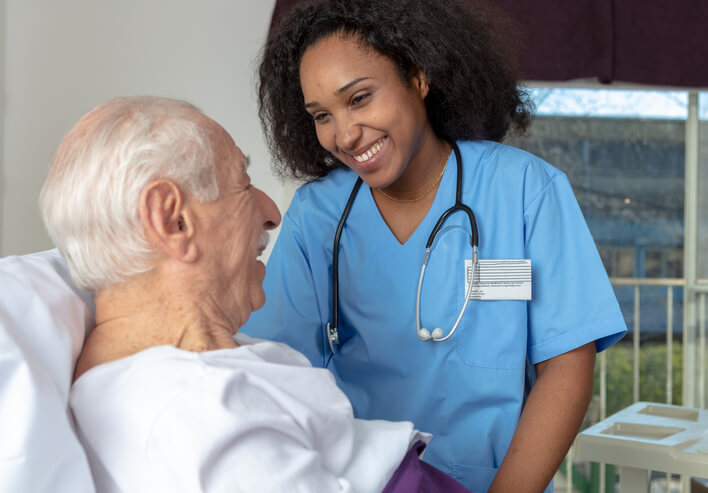
The healthcare industry will always need conscientious, caring, and qualified professionals to look out for the medical care of citizens. In addition to performing a wide range of daily practical healthcare duties, medical professionals significantly impact the public reception of various public health issues and health literacy among patients and the community.
Regarding health promotion, those two factors only scratch the surface. Keep reading to discover what health promotion means – particularly for those seeking a practical nursing career. We’ll discuss the role of a practical nurse in detail and explore the unique part these professionals play in effective health promotion.
Exploring the Role of a Practical Nurse
In British Columbia, practical nurses enjoy a dynamic and impactful set of duties that aim to support the health and well-being of patients. These include:
- Provide nursing care to stable patients
- Take vital signs
- Collect specimens
- Take steps to control infection
- Manage patient diets
- Give medication and record its effects
- Apply sterile dressings
- Provide care before and after an operation
- Check on respiratory and intravenous therapy
- Monitor patient progress
- Consult with doctors and registered nurses
Health promotion may seem like a peripheral responsibility for practical nurses, but it provides a vital avenue enabling you to positively impact your community after practical nurse training. Let’s explore what health promotion is and how you’ll be able to contribute.

What Is Health Promotion?
According to the World Health Organization (WHO), health promotion is “the process of enabling people to increase control over and to improve their health.” Born of the first International Conference on Health Promotion, the global effort to elevate the quality of health education and care sought to provide health for all. Now that healthcare is considered a positive right for citizens, governments have entrusted professionals in the field with the vital duty of promoting health literacy in various ways. How would a licensed practical nurse play a part in this process? Let’s explore together.

Your Role In Health Promotion After Practical Nurse Training
After nursing school, you will hold a unique position, in many ways acting as a liaison between doctors and patients, often spending more time at the bedside than other healthcare professionals. With this proximity to patients, you have plenty of opportunities to promote healthy habits and education. What might that look like?
- Learn and educate on health risks at large: as a practical nurse, the health and safety of your patients will be a top priority. Identifying risks in the immediate environment and patients’ lifestyles will be crucial to your role. Practical nurses learn how certain risks affect public health and teach individuals how to avoid adverse health effects.
- Bring evidence-based practice to the floor: As a practical nurse, continued education will be crucial to your role. Healthcare professionals like you are responsible for incorporating medical science advancement into their daily practice, thus elevating healthcare quality to match our current understanding of the medical field.
- Encourage healthy habits in patients: As a practical nurse, you may be responsible for providing accurate health advice on topics like nutrition. This empowers patients to look out for their health interests.
The 22-month practical nursing diploma provides all of the skills you’ll need to pursue success in the healthcare field. Get the theoretical knowledge and practical skills you need to transition from the classroom to the workplace. There’s never been a better time to get started.
Are you ready to become a practical nurse?
Contact Discovery Community College to learn more!
